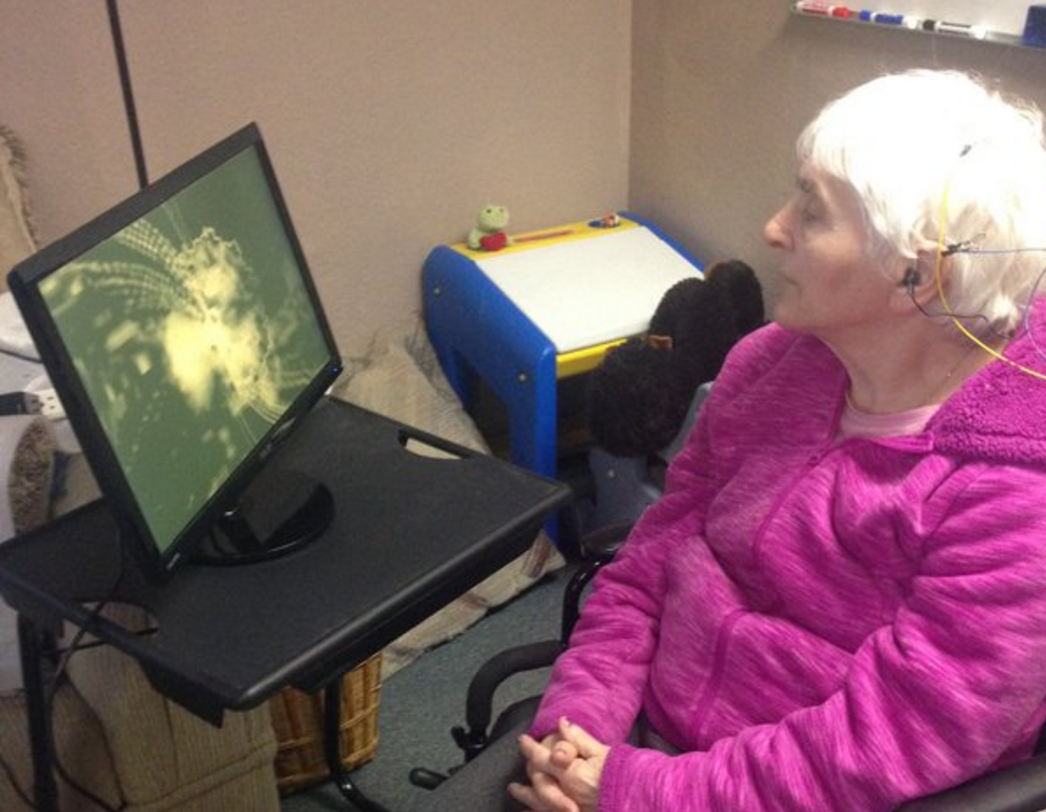New Study on Self-Motivation
 Self-motivation is key to healthy aging; we need motivation to maintain a healthy diet, exercise regularly and engage our brains by learning something new. A recent study shows that there may be ways we can train our brains to improve our self-motivation.
Self-motivation is key to healthy aging; we need motivation to maintain a healthy diet, exercise regularly and engage our brains by learning something new. A recent study shows that there may be ways we can train our brains to improve our self-motivation.
Scientists know that neurons that are essential to motivation are located in an area of the brain known as the ventral tegmental area (VTA). This area is located deep in the middle of the brain and is involved in the reward and pleasure circuits. In a recent study published in the journal Neuron, scientists from Duke University asked people to activate their VTA by focusing on feelings of motivation.
For the study, 73 participants were asked to go into an fMRI machine which scans the brain and detects which areas are most active. Participants were then asked to generate feelings of motivation using their personal strategies during 20-second intervals. The participants were unable to simply activate this area of the brain on command.
The researchers then used neurofeedback, a training method where they show a meter displaying the activity in a specific brain region – in this case, the VTA – in real time. Now that participants were able to see the meter move as an indicator of brain activation, they quickly learned which self-motivation strategies worked while they laid in the fMRI.
The research team saw great success in participants who used the neurofeedback training. Participants thought about pep talks, high-fiving a room full of people and other motivational scenarios to get the meter to move. Although exhilarating, some say it was exhausting to focus all their energy on one intense emotional experience.
For participants that underwent the neurofeedback training, they were able to activate their VTAs after removing the meter by thinking of the same situations they had before. While the study does not test whether neurofeedback can change long-term behavior after the fMRI sessions, the team hopes that this research may someday be used as a clinical tool to help train people to become more self-motivated. And because of VTA’s role in the reward circuits and dopamine production, the team sees potential for the neurofeedback training to help those with ADHD or those recovering from drug addictions.
In the meantime, find ways to motivate yourself so that you can make choices to stay active and healthy. For more information on the latest research in brain health, visit www.CognitiveTherapeutics.com/Newsroom/Blog.
Sources
http://today.duke.edu/2016/03/motivation

